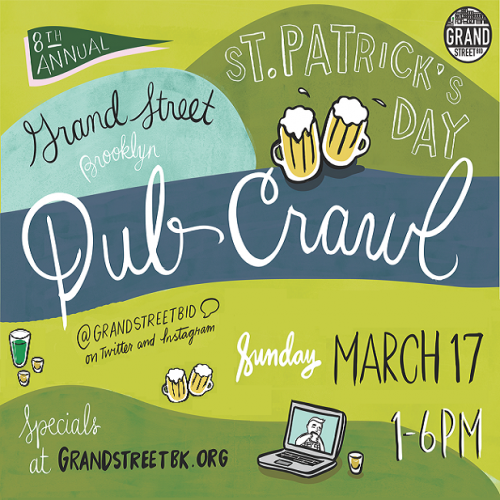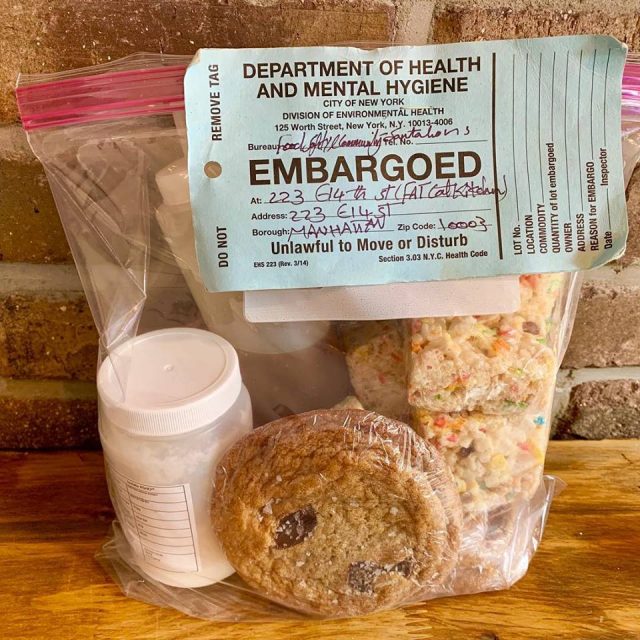 Shopping for groceries in Brooklyn means some sort of existential terror as you choose between free-range or caged, co-op or Trader Joe’s, canned 99 cent beans or the pesticide free, humanely raised, lovingly artisanal variety from the farmers’ market. Learnvest is trying to help allieve some of the terror with this chart of when you should buy organic and when you can let it slide. It’s based on USDA standards, the amount of pesticides found in each food and other “common wisdom” in the green community. According to this, you should stick with organic tomatoes, potatoes and spinach, but can get regular ol’ versions of broccoli, pineapple and grapefruit. Condescending looks from your fellow shoppers are your problem.
Shopping for groceries in Brooklyn means some sort of existential terror as you choose between free-range or caged, co-op or Trader Joe’s, canned 99 cent beans or the pesticide free, humanely raised, lovingly artisanal variety from the farmers’ market. Learnvest is trying to help allieve some of the terror with this chart of when you should buy organic and when you can let it slide. It’s based on USDA standards, the amount of pesticides found in each food and other “common wisdom” in the green community. According to this, you should stick with organic tomatoes, potatoes and spinach, but can get regular ol’ versions of broccoli, pineapple and grapefruit. Condescending looks from your fellow shoppers are your problem.
Learnvest gives you some other pointers too, like how you should be concerned with the skin when shopping organic, why meat is your best bet for investing your limited budget in organics and how much you should look out for organics when shopping at the farmers market.
What do you think? Does this help your shopping decisions or do you stick with organic all the way?
One Response to
Leave a Reply




I think it depends on why you’re shopping for organic foods. If you’re aiming to reduce pesticides consumed for your family, this chart is fine (and I feel like I see it multiple times a year for the past 5 years?) but if you’re aiming for organic to reduce the amount of pesticides used in the general environment for the greater good, then you’d buy organic all the way if you could afford it.
I try to err on the side of organic if possible but I’m definitely not at 100% with all my groceries and I’m far worse if you count % of organic food while eating out.